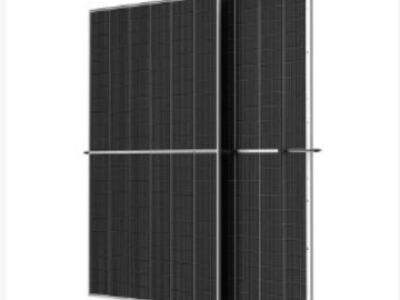Has anyone looked above and spotted solar panels on the rooftop?
You may wonder, Well how in the world do they work? Solar rooftop comprises systems that capture the energy from the sun and convert it into electric power. This electricity is of course important as it enables power in our homes and businesses. That's how we keep our lights on, run our refrigerators, and keep all the appliances going every day. But wait; does this mean using rooftop solar systems really make sense? Let's find out!
Why Is Rooftop Solar Energy Not Worth the Price?
We must then break down the costs of the various resources we have to invest into this endeavor to determine whether harnessing solar power for energy production is worth what it costs. First, the cost to install the solar panels. That's your setup cost, the expense you pay to get things into place. That can run the gamut on price. For instance, that could depend on the size of the solar system, or where the building is. This system also tends to be costlier for a bigger house since more panels would be needed.
Some costs start after that, after the panels have been installed and started functioning. Such costs include maintaining the solar system and repairing them if they develop any form of malfunction. You know, just like we care for a pet, feed it, or take it to the vet every so often. Rooftop solar systems generally pay the most for the electricity bought from the grid by the utility company. Use more energy from the sun and save.
Though installation and maintenance of solar systems do involve some cost up front, in the long term, it may assist homeowners and businesses in saving a bit of money. The most significant benefit associated with installing rooftop solar systems is the fact that electricity bills are significantly minimized. Once you have a solar system installed at your place, you start generating electricity right from your home. Thus, it decreases the amount of energy purchased from the power company. Indeed, it will sum up to a lot of money in the long term.
States that want citizens to use the sun provide incentives. These incentives are usually in the form of tax credits or rebates. A tax credit, in plain English, is you paying fewer dollars to the government when you file your taxes. A rebate is money paid to you after buying a product. You save not only your energy bill money but receive some of the money the government took for it too. Wow what a deal!
Why Invest in Rooftop Solar?
There are so many reasons why investing in a rooftop solar system is a great financial decision. One is for the homeowners, if they have a solar system, it will raise their house value. This means that if they ever have to sell their house, they can sometimes sell it for a higher price due to solar power.
For businesses, installing a solar system would be how to portray the company before customers as if it were environmentally friendly. It ensures that you attract a customer wanting to support the companies in helping the planet. Last but not least, if one is an investor, one can invest in companies or projects related to solar, and numerous ways of such investments could be made: these have a pay-out period long enough, but they go on continuously to yield an income over time.
Advantages of Solar Energy
In short, it is quite a few major monetary benefits of having a solar system on the roof of your house. Sure, they cost much to put up and maintain, but they can save you so much on those electricity bills that in the long run, they actually help out a lot. Then, there is solar investment that may be a bonus to the wallets too — a win-win for several fists through the people.

